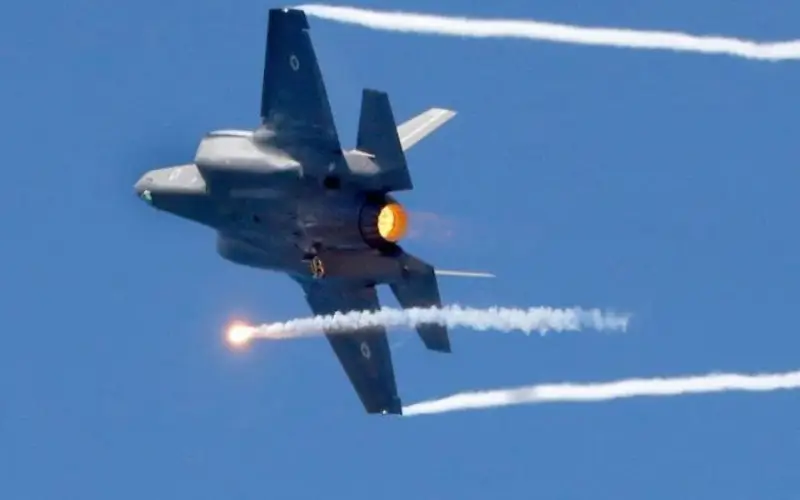- oil prices lost momentum on Tuesday as concerns that rising crude will contribute to a recession that kills demand slightly outweighed ongoing concerns about constrained supply.
- By 0446 GMT, the September settlement Brent crude futures price had dropped 43 cents to $105.84 per barrel.
- The increase in the contract on Monday was 5.1 percent, the highest percentage increase since April 12.The price of a barrel of WTI crude for August delivery dropped by 28 cents to $102.32.
After rising by more than $5 a barrel in the previous session, oil prices lost momentum on Tuesday as concerns that rising crude will contribute to a recession that kills demand slightly outweighed ongoing concerns about constrained supply.
By 0446 GMT, the September settlement Brent crude futures price had dropped 43 cents to $105.84 per barrel. The increase in the contract on Monday was 5.1 percent, the highest percentage increase since April 12.
The price of a barrel of WTI crude for August delivery dropped by 28 cents to $102.32. On Monday, the contract rose 5.1 percent, the highest percentage rise since May 11.
Wednesday marks the expiration of the August WTI contract, while the more popular September future was down 44 cents at $98.98 per barrel.
The conflict in Ukraine has caused Western sanctions on Russian crude and fuel supplies, which have disrupted trade flows to refiners and end-users. At the same time, there are growing concerns that central bank efforts to tame surging inflation may lead to a recession, which would reduce future fuel demand.
According to senior market analyst at OANDA Jeffrey Halley, the fundamental supply/demand imbalance is as tight as ever. Oil prices may have peaked, but they don’t appear to be much declining from here unless OPEC+ gives us a massive surprise.
Last week, US President Joe Biden travelled to Saudi Arabia, the world’s largest oil exporter, in an effort to reach an agreement on increasing oil production to lower fuel costs.
Officials from Saudi Arabia, the Organization of the Petroleum Exporting Countries (OPECde )’s facto leader, did not, however, make it plain that a rise in output was guaranteed.
The market has had time to process President Biden’s visit, and according to Warren Patterson, head of commodities strategy at ING, it is unlikely that OPEC and its partners, including Russia, collectively known as OPEC+, will increase output more aggressively than anticipated in the near future.
Tuesday’s drop in the value of the U.S. dollar, which was at a one-week low, supported oil prices and made it slightly more affordable for buyers using other currencies to purchase oil with the greenback.
According to ING’s Patterson, “a weaker USD offered support to the market, along with the broader commodities complex.”
A early Reuters poll predicted that gasoline stockpiles likely decreased last week while crude and distillate supplies may have increased in the United States, the world’s largest oil consumer.
[embedpost slug=”zhyvytskyi-over-150-mines-and-shells-were-launched-at-the-sumy-region/ “]




















